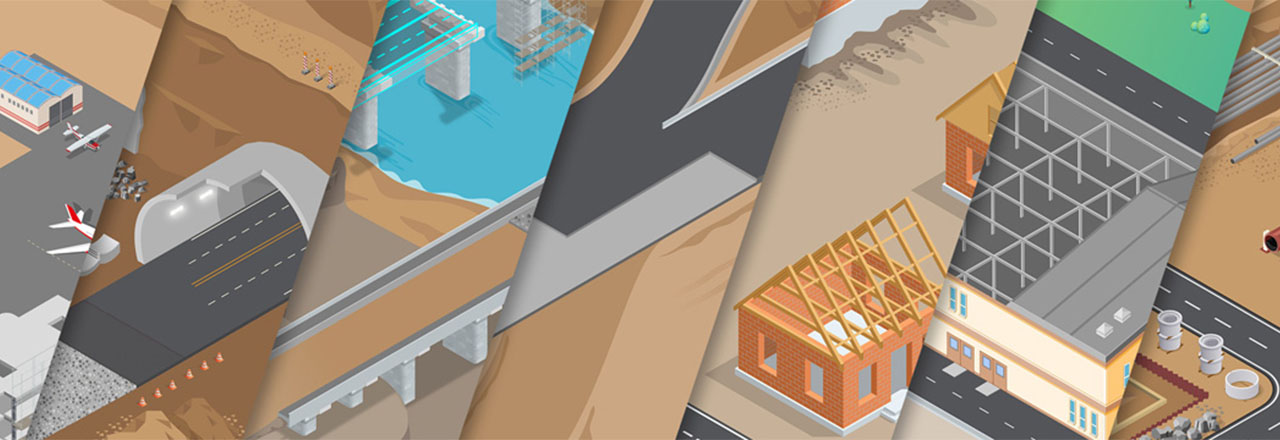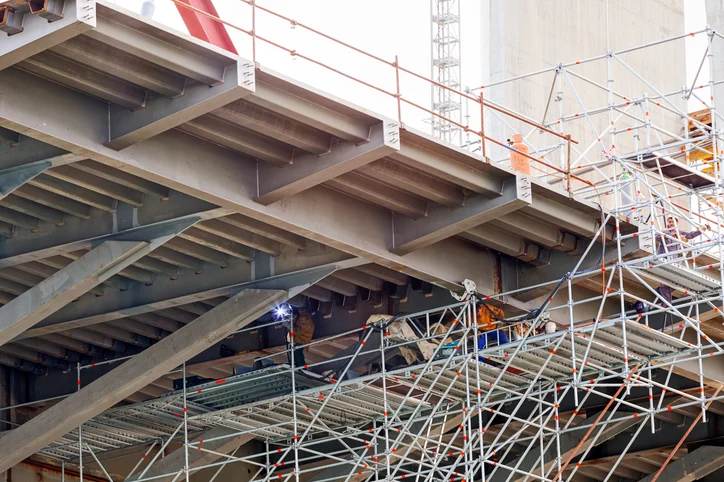Preliminary items in construction, often referred to as “prelims,” encompass a wide range of activities and costs that are essential for project setup, management, and completion. These items are typically incurred before the main construction work begins and are necessary to ensure a smooth and successful project execution.
1. Site Preparation and Mobilization:
* Clearing and grubbing of the site
* Site surveys and investigations
* Temporary fencing and security
* Construction of access roads and temporary utilities (water, electricity, sanitation)
* Mobilization of equipment and materials to the site
2. Project Management and Administration:
* Salaries and expenses for project managers, supervisors, and administrative staff
* Site offices and facilities
* Project documentation and communication tools
* Insurance and bonding
3. Temporary Works and Facilities:
* Scaffolding and formwork
* Temporary shoring and bracing
* Dewatering systems
* Temporary power and lighting
* Security systems and fire protection measures
4. Health, Safety, and Environment (HSE):
* HSE training and inductions for workers
* Safety equipment and personal protective equipment (PPE)
* Site safety signage and barriers
* Environmental monitoring and mitigation measures
5. Permits and Approvals:
* Building permits and licenses
* Environmental permits and clearances
* Utility connection approvals
6. Other Preliminary Costs:
* Site investigation and testing
* Legal and professional fees (e.g., architects, engineers, consultants)
* Marketing and sales expenses
* Contingency allowances for unforeseen events
It’s important to note that the specific preliminary items required for a construction project can vary depending on the project’s size, complexity, location, and contractual arrangements. Therefore, it’s crucial to carefully review the project specifications and contract documents to identify all the necessary prelims and allocate sufficient resources for their execution.



